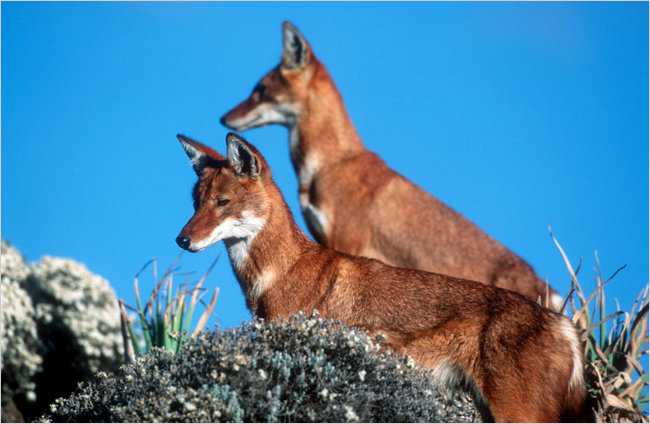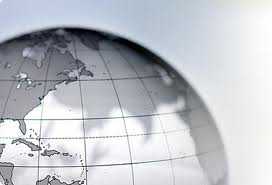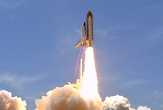Immediate Ice Gigantic Icelandic Volcano Could Plunge Europe Into Age…
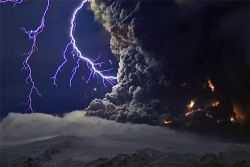
A plethora of scientists have come out in the past 12 months warning about the signs of an impending Ice Age.
(CHICAGO) – Another mammoth Icelandic volcano, Baroarbunga, is ready to erupt. This one could dwarf the Eyjafjallajokull glacier volcano that blew in 2010 causing havoc throughout Europe.
That’s the word that’s streaming out of the northern island nation as geophysicists around the globe hold their breaths to see what will happen next.
The Eyjafjallajokull eruption galvanized Europe and stunned the world with its unrelenting ferocity. It caused billions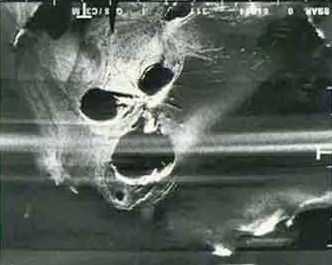 of dollars in loss, paralyzed European air travel and caused food and other commodities to spike upwards.
of dollars in loss, paralyzed European air travel and caused food and other commodities to spike upwards.
Worried experts warn that this eruption could be much, much worse.
University of Iceland geophysicists have warned of a significant rise in seismic activity in the area of Vatnajökull, the largest of Iceland’s glaciers. A swarm of earthquakes has erupted signaling the likely eruption of Bardarbunga, Iceland’s second biggest volcano and one that sits directly above a major lava conduit.
Baroarbunga, a stratovolcano towering 6,600 feet, is part of the island nation’s largest volcanic system. The huge volcano’s crater covers 43 square miles and is completely encased under glacial ice.
Devastation in the 15th Century
Baroarbunga’s last major eruption was horrendous. It changed the weather pattern in northern Europe and darkened the skies for months during 1477. That gigantic eruption generated the largest lava flow in 10,000 years and significantly expanded Iceland’s land mass.
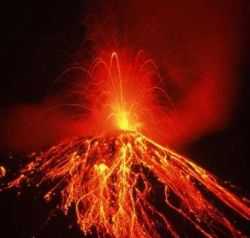 Grim experts concede that if the volcano’s current activity culminates in an eruption equal to that of 1477, all of Scandinavia and much of northern Russia and Europe will be left reeling. The UK will be slammed by choking volcanic dust, grit and poisonous superheated gases. Commerce will grind to a halt, the skies will blacken for weeks, perhaps months, and agriculture would be severely affected.
Grim experts concede that if the volcano’s current activity culminates in an eruption equal to that of 1477, all of Scandinavia and much of northern Russia and Europe will be left reeling. The UK will be slammed by choking volcanic dust, grit and poisonous superheated gases. Commerce will grind to a halt, the skies will blacken for weeks, perhaps months, and agriculture would be severely affected.
The late Cornell University professor, astronomer Carl Sagan, used the consequences of large volcanic eruptions impact on global cooling as part of his theoretical model for the frightening prospect of a nuclear winter.
Ken Caldeira, an earth scientist at Stanford University, California, and member of Britain’s prestigious Royal Society working group on geo-engineering, explained that “dust sprayed into the stratosphere in volcanic eruptions is known to cool the Earth by reflecting light back into space.”
That simple process has led to the starvation of whole nations in the past. Volcanic gases and dust suspended in the atmosphere cool the Earth to a point where the growing seasons significantly shrink and crops cannot reach maturity.
Speaking to Icelandic TV about the danger the re-activating volcano posed to the country and the Northern Hemisphere, Einarsson said, “This is the most active area of the country if we look at the whole country together. There is no doubt that lava there is slowly growing, and the seismicity of the last few days is a sign of it.”
Vulcanologists confirm they have great concern, but the region prevents them from detecting earth movements more accurately.
“We need better measurements because it is difficult to determine the depth of earthquakes because it is in the middle of the country and much of the area is covered with glaciers,” Einarsson added.
The UK and the Baroarbunga Ice Age
 A plethora of scientists have come out in the past 12 months warning about the signs of an impending Ice Age. Some believe it will be a mini-Ice Age, others argue it will be a major one.
A plethora of scientists have come out in the past 12 months warning about the signs of an impending Ice Age. Some believe it will be a mini-Ice Age, others argue it will be a major one.
Ice Ages are caused by a number of factors. Not all of the factors are fully understood.
But a consensus of scientists agree that more than anything else what dominates the climate is the sun’s activity, the Earth’s core, volcanic action and water vapor in the atmosphere.
Adding to Earth’s shivering woes: NASA has confirmed the sun will be going into an extended cooling period after 2012.
The cool down is expected to last from 30 to 50 years.
At one time geophysicists believed it took hundreds or thousands of years for an Ice Age to begin, but during the past few decades evidence has emerged that the planet can slip into an Ice Age in under a decade.
Events like a giant volcano erupting…
Salem News


